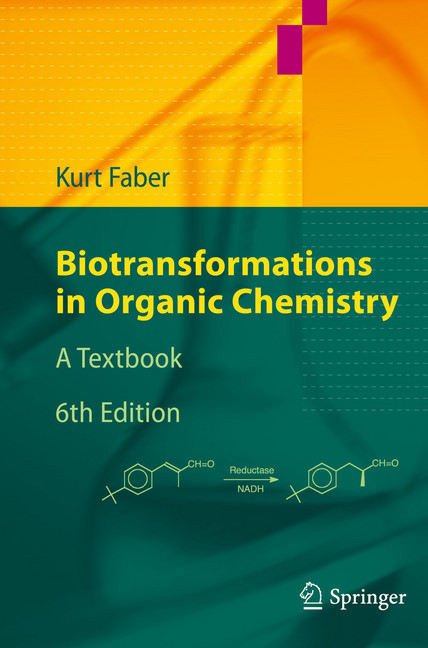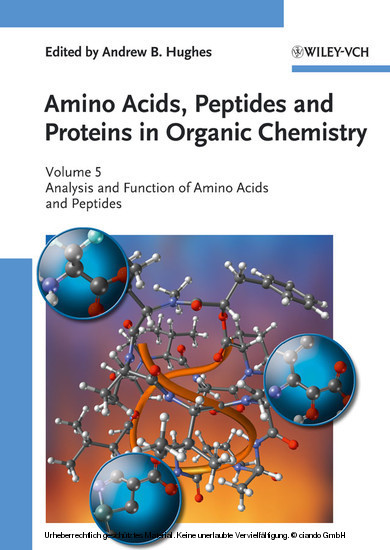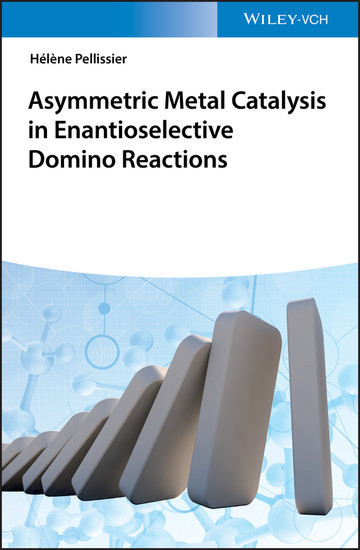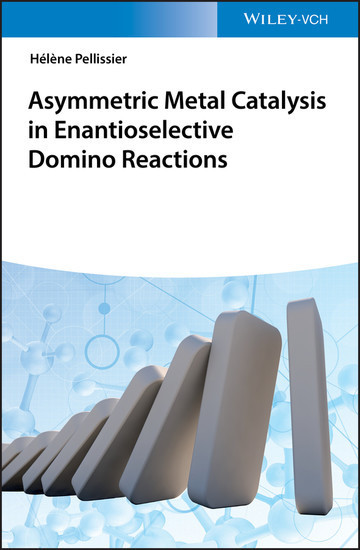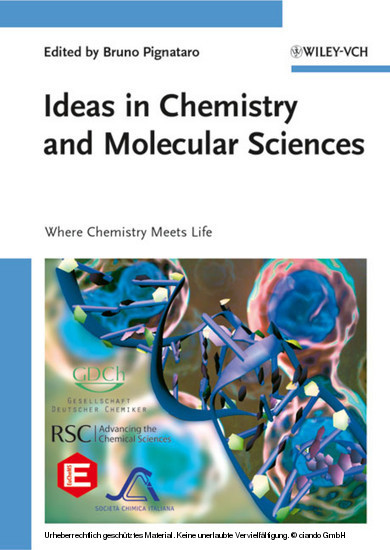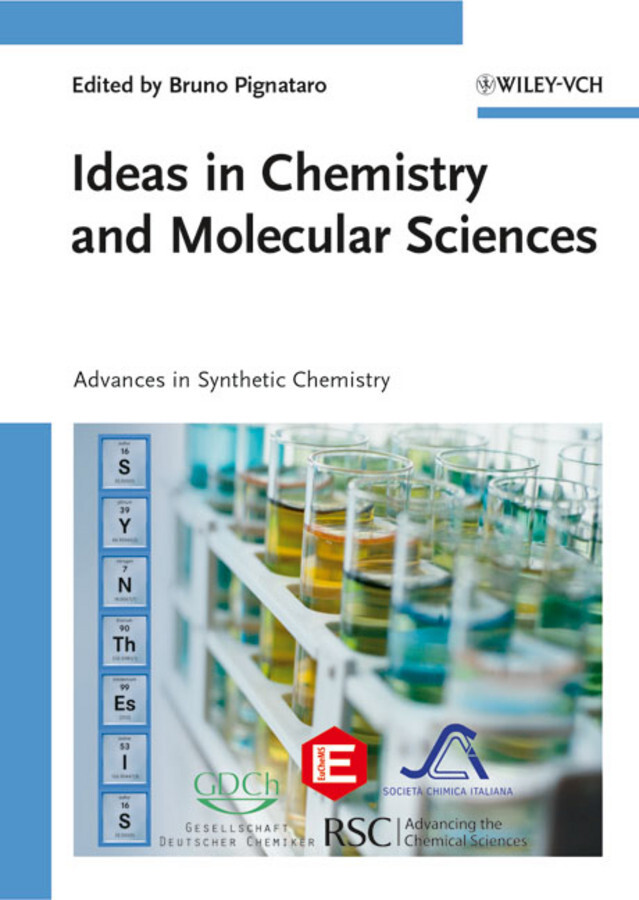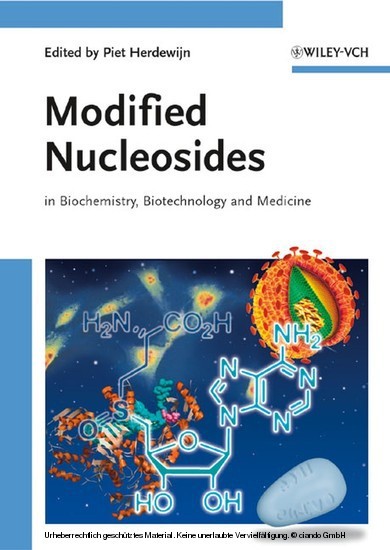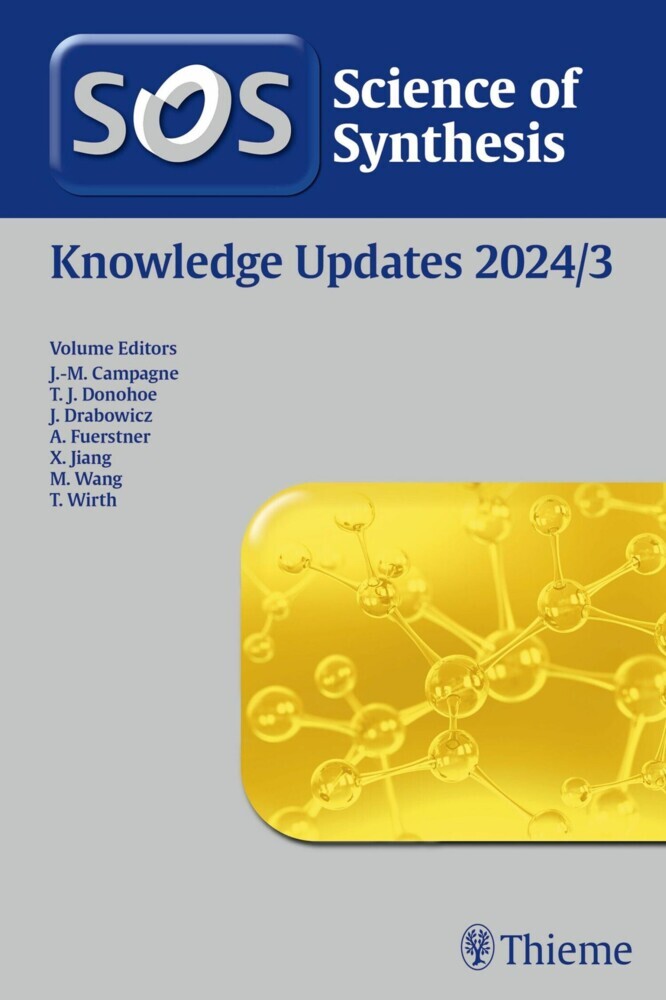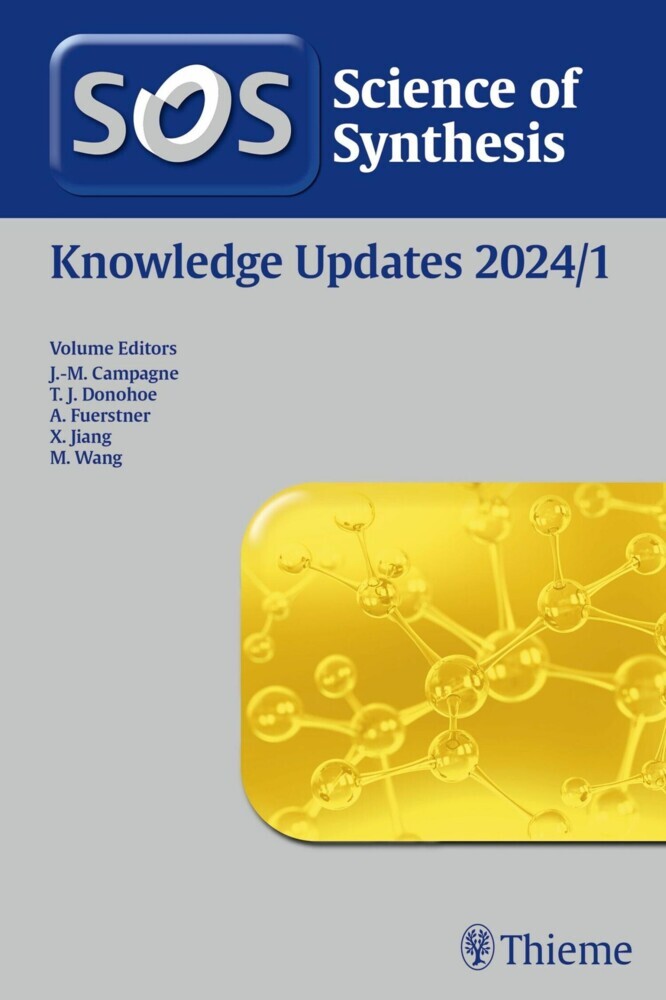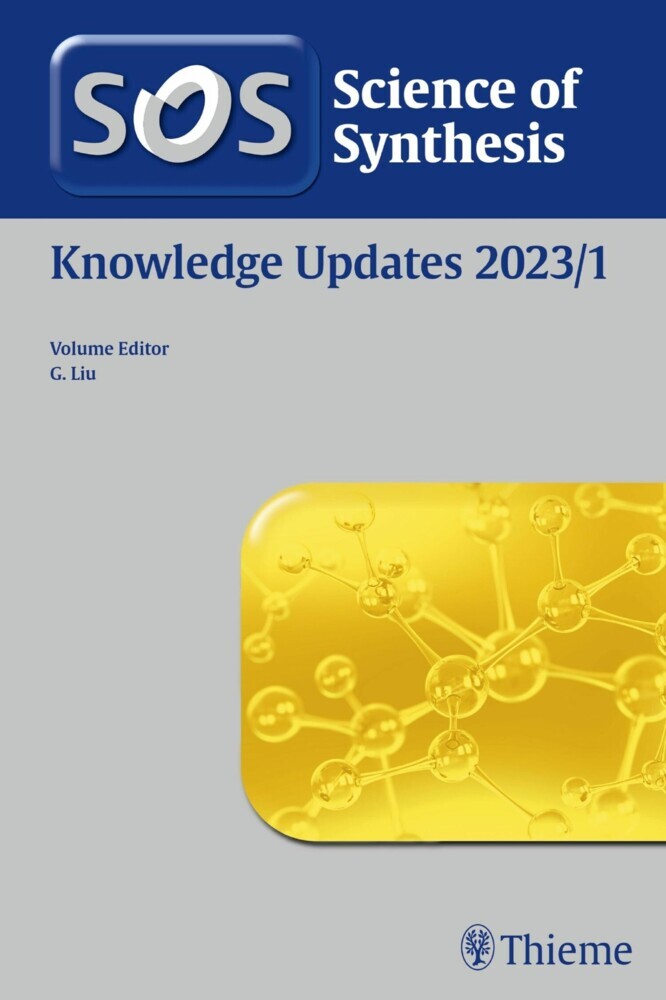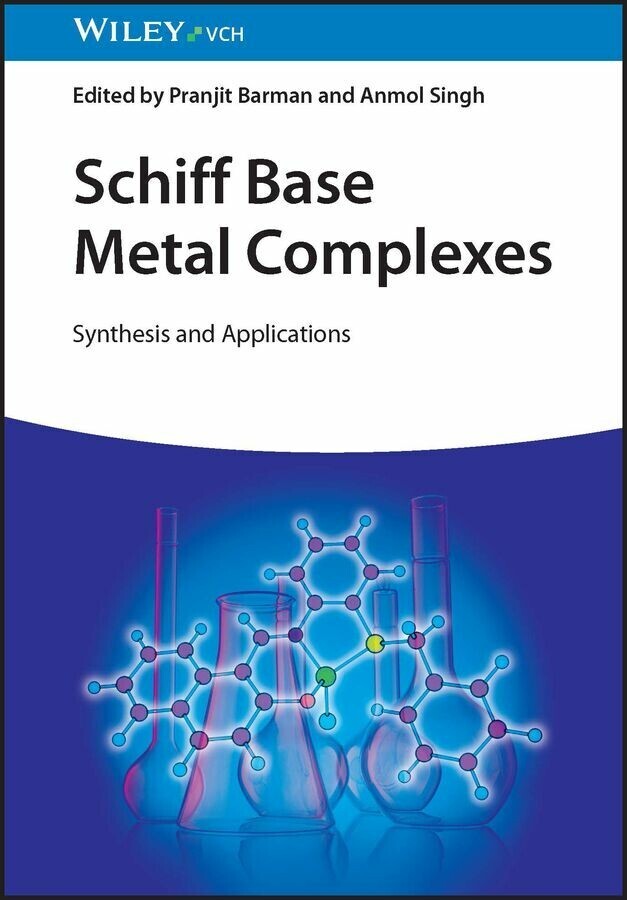Biotransformations in Organic Chemistry
A Textbook
The use of biocatalysts, employed either as isolated enzymes or whole microbial cells, offers a remarkable arsenal of highly selective transformations for state-of-the-art synthetic organic chemistry. Over the last two decades, this methodology has become an indispensable tool for asymmetric synthesis, not only at the academic level, but also on an industrial scale.
This well-established textbook on biocatalysis provides a basis for undergraduate and graduate courses in modern organic chemistry, as well as a condensed introduction into this field. After a basic introduction into the use of biocatalysts-principles of stereoselective transformations, enzyme properties and kinetics- the different types of reactions are explained according to the 'reaction principle', such as hydrolysis, reduction, oxidation, C-C bond formation, etc. Special techniques, such as the use of enzymes in organic solvents, immobilization techniques and modified or artificial enzymes, are treated in a separate section. A final chapter deals with thebasic rules for the safe and practical handling of biocatalysts.
In this completely revised 6th edition, emphasis has been given to an improved didactic style including colored graphics in order to facilitate a deeper understanding of the underlying principles. New developments, such as transamination, enzyme promiscuity and applications on industrial scale within the field of 'white biotechnology' are included.
Kurt Faber obtained his PhD in synthetic organic chemistry at the University of Graz. He then became a postdoctoral fellow at the Memorial University of Newfoundland. After working as University assistant at the Institute of Organic Chemistry, University of Technology in Graz Faber was visiting senior scientist at the University of Tokyo for two years. In 1990 he became visiting senior scientist at Exeter University. In 1990 he received his habilitation in Organic Chemistry at the Institute of Organic Chemistry, University of Technology Graz where he was appointed to Associate Professor in 1997. Faber's career was supplemented again by becoming a visiting senior scientist, this time at the University of Trondheim. In 1998 he moved to the Institute of Organic Chemistry at the University of Graz where he is holding a full professorship. In 2001 he was visiting senior scientist at Stockholm University and in 2005 at the University of Minnesota.
This well-established textbook on biocatalysis provides a basis for undergraduate and graduate courses in modern organic chemistry, as well as a condensed introduction into this field. After a basic introduction into the use of biocatalysts-principles of stereoselective transformations, enzyme properties and kinetics- the different types of reactions are explained according to the 'reaction principle', such as hydrolysis, reduction, oxidation, C-C bond formation, etc. Special techniques, such as the use of enzymes in organic solvents, immobilization techniques and modified or artificial enzymes, are treated in a separate section. A final chapter deals with thebasic rules for the safe and practical handling of biocatalysts.
In this completely revised 6th edition, emphasis has been given to an improved didactic style including colored graphics in order to facilitate a deeper understanding of the underlying principles. New developments, such as transamination, enzyme promiscuity and applications on industrial scale within the field of 'white biotechnology' are included.
Kurt Faber obtained his PhD in synthetic organic chemistry at the University of Graz. He then became a postdoctoral fellow at the Memorial University of Newfoundland. After working as University assistant at the Institute of Organic Chemistry, University of Technology in Graz Faber was visiting senior scientist at the University of Tokyo for two years. In 1990 he became visiting senior scientist at Exeter University. In 1990 he received his habilitation in Organic Chemistry at the Institute of Organic Chemistry, University of Technology Graz where he was appointed to Associate Professor in 1997. Faber's career was supplemented again by becoming a visiting senior scientist, this time at the University of Trondheim. In 1998 he moved to the Institute of Organic Chemistry at the University of Graz where he is holding a full professorship. In 2001 he was visiting senior scientist at Stockholm University and in 2005 at the University of Minnesota.
Faber, Kurt
| ISBN | 9783642173936 |
|---|---|
| Artikelnummer | 9783642173936 |
| Medientyp | E-Book - PDF |
| Auflage | , 6. Aufl. |
| Copyrightjahr | 2011 |
| Verlag | Springer-Verlag |
| Umfang | 423 Seiten |
| Sprache | Englisch |
| Kopierschutz | Adobe DRM |

